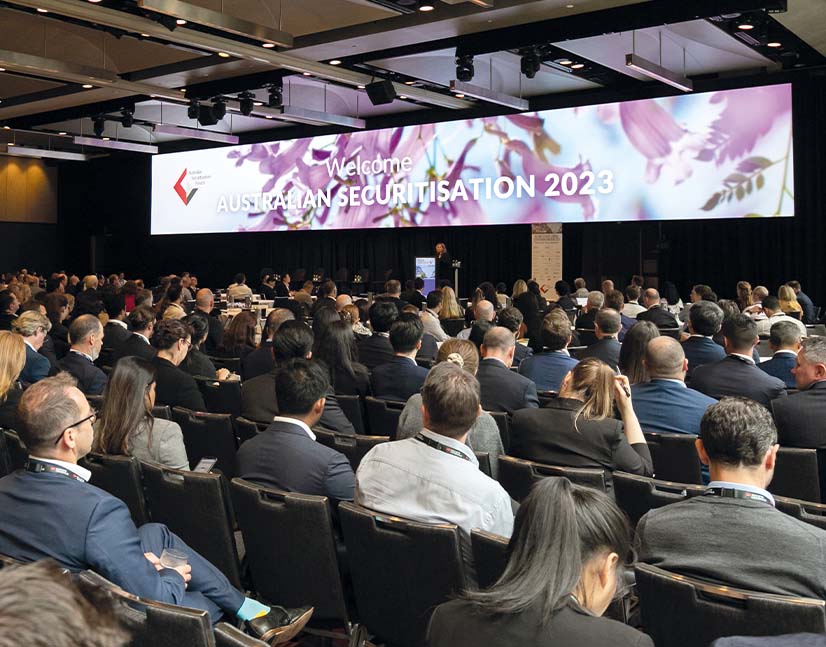Bringing in the basis
By the time hedging costs and the implications of having foreign-currency investments as part of an investor’s overall risk profile have been factored in, buying an offshore bond is far from a straightforward choice.
In the first instance, investors point out that in buying offshore assets they are exposed not only to global credit spreads but also to cross-currency basis-swap spreads.
“This is fine for a hold-to-maturity investor but we look to turn stock over and pick up the roll effect from a steeper curve,” George Bishay, portfolio manager at BT Investment Management, tells KangaNews. “Volatility in cross-currency basis-swap spreads must also be taken into account when investing in offshore assets.”
Cross-currency swap levels themselves can add a large amount of unpredictability into the levels of offshore bonds when swapped-back to Australian dollars.
“The five-year cross-currency basis in the US is [at the end of January] around 25 basis points and in Europe it is about 65 basis points,” Bishay says. “Even so, it isn’t inconceivable that I could buy the European bonds of a company at wider swapped-back equivalent spreads than where they would issue in Australia.”
Making accurate intermarket relative pricing assessments is not simple in practice, especially because the inputs vary over time. In addition, says Michael Bors, senior portfolio manager at Challenger Investment Partners, regulatory pressures are still pushing costs higher.
This means investors need to consider the potential future costs of unwinding a hedge, not just the pricing of the basis swap when the trade is entered into. “The costs need to be weighed up against other nonprice considerations such as liquidity and diversification,” Bors says.
He adds that further thought should be given to how foreign-currency investments can skew asset allocation and risk budgets. “We think that while these costs are well understood by the market they are not well priced, because they can be subjective,” Bors tells KangaNews.

















